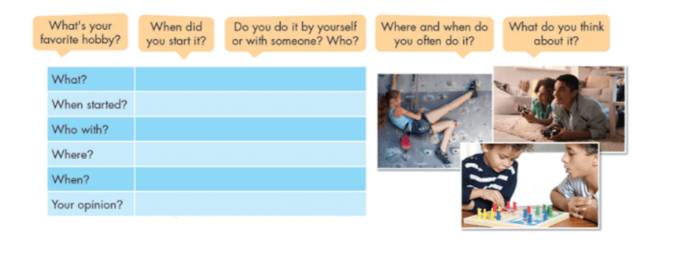Read the following passage and mark the letter A, B, C or D on your answer sheet to indicate the correct answer to each of the question below.We find that bright children are rarely held back by mixed-ability teaching. On the contrary, both their knowledge and experience are enriched. We feel that there are many disadvantages in streaming pupils. It does not take into account the fact that children develop at different rates. It can have a bad effect on both the bright and the not-so-bright...
Đọc tiếp
Read the following passage and mark the letter A, B, C or D on your answer sheet to indicate the correct answer to each of the question below.
We find that bright children are rarely held back by mixed-ability teaching. On the contrary, both their knowledge and experience are enriched. We feel that there are many disadvantages in streaming pupils. It does not take into account the fact that children develop at different rates. It can have a bad effect on both the bright and the not-so-bright child. After all, it can be quite discouraging to be at the bottom of the top grade!
Besides, it is rather unreal to grade people just according to their intellectual ability. This is only one aspect of their total personality. We are concerned to develop the abilities of all our pupils to the full, not just their academic ability. We also value personal qualities and social skills, and we find that mixed-ability teaching contributes to all these aspects of learning.
In our classroom, we work in various ways. The pupils often work in groups; this gives them the opportunity to learn to co-operate, to share, and to develop leadership skills. They also learn how to cope with the personal problems as well as learning how to think, to make decisions, to analyze and evaluate, to communicate effectively. The pupils learn from each other as well as from the teachers.
Sometimes the pupils work in pairs; sometimes the work on individual tasks and assignments, they can do this at their own speed. They also have some formal class teaching when this is appropriate. We encourage our pupils to use the library, and we teach them the skills they need in order to do this effectively. An advanced pupil can do advanced works; it does not matter what age the child is. We expect our pupils to do their best, not their least, and we give them every encouragement to attain this goal
Which of the following is NOT mentioned in the passage?
A. Group work provides the pupils with the opportunity to learn to be capable organizers
B. Pupils also learn how to participate in teaching activities
C. Group work gives pupils the opportunity to learn to work together with others
D. Pupils also learn to develop their reasoning ability





Benefits of vocational training
(Lợi ích của đào tạo nghề)
Benefits of academic study
(Lợi ích của nghiên cứu học thuật)
- cost less
(chi phí ít hơn)
- develop practical skills
(phát triển kỹ năng thực tế)
- shorter duration of study
(thời gian học ngắn hơn)
- opportunities for immediate employment
(cơ hội có việc làm ngay)
- hands-on learning experience
(trải nghiệm học tập thực tế)
- focuse on job-specific skills
(tập trung vào các kỹ năng cụ thể của công việc)
- opportunities for on-the-job training
(cơ hội được đào tạo trong công việc)
- directly applicable to specific occupations
(áp dụng trực tiếp cho các ngành nghề cụ thể)
- less theory, more practical application
(lý thuyết ít hơn, ứng dụng thực tế hơn)
- promote teamwork and collaboration
(thúc đẩy tinh thần đồng đội và hợp tác)
- can earn more
(có thể kiếm nhiều hơn)
- develop critical thinking skills
(phát triển kỹ năng tư duy phản biện)
- develop research skills
(phát triển kỹ năng nghiên cứu)
- access to a wider range of career paths
(tiếp cận với nhiều con đường sự nghiệp hơn)
- opportunities for academic research
(cơ hội nghiên cứu học thuật)
- provide a broader education
(cung cấp một nền giáo dục rộng lớn hơn)
- opportunity to pursue advanced degrees
(cơ hội theo đuổi bằng cấp cao)
- develops a range of transferable skills
(phát triển một loạt các kỹ năng chuyển nhượng)
- enhances personal and intellectual growth
(tăng cường phát triển cá nhân và trí tuệ)
- builds a strong foundation for future learning
(xây dựng nền tảng vững chắc cho việc học tập trong tương lai)